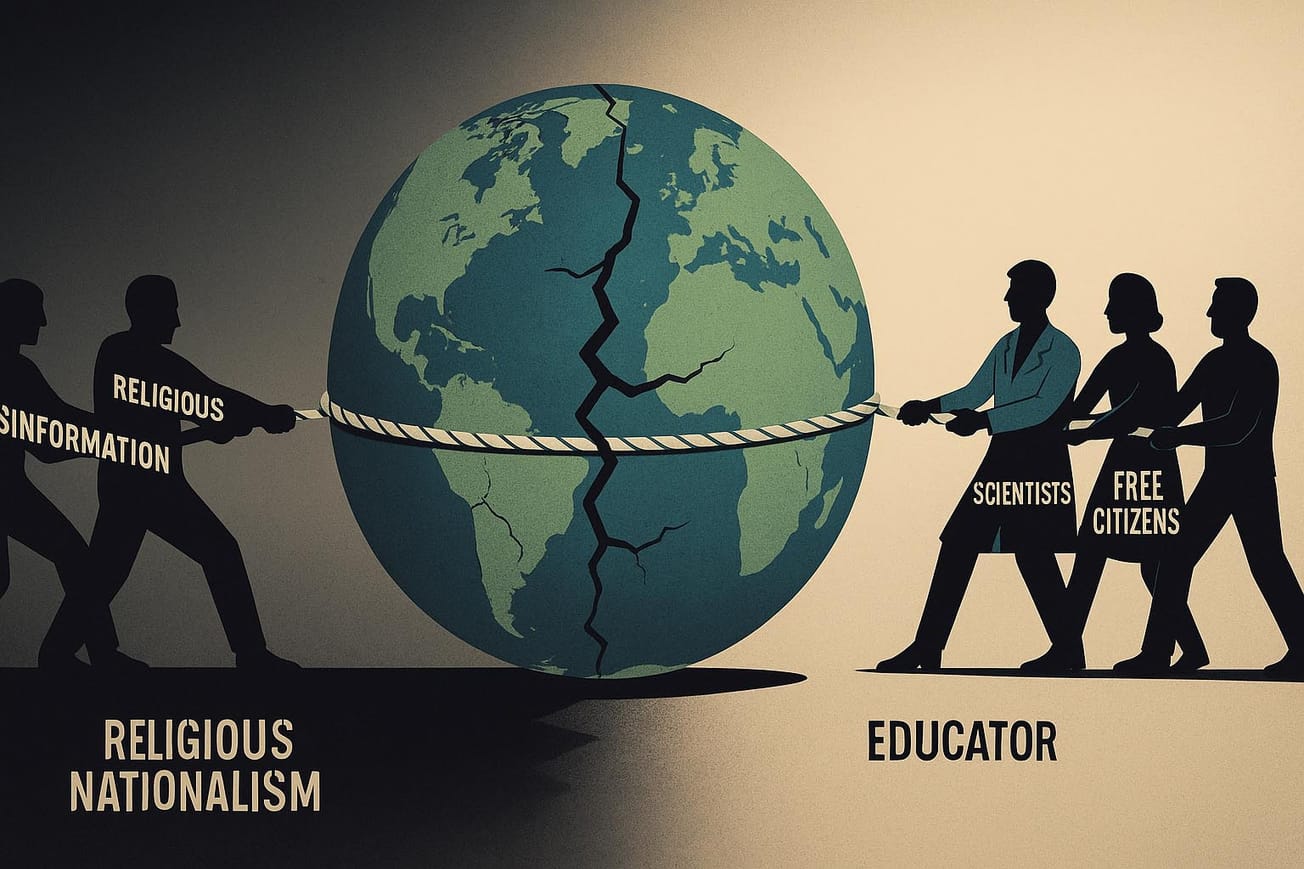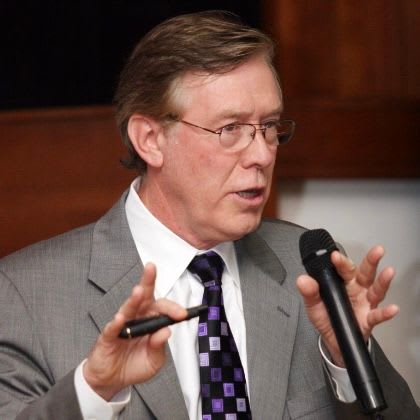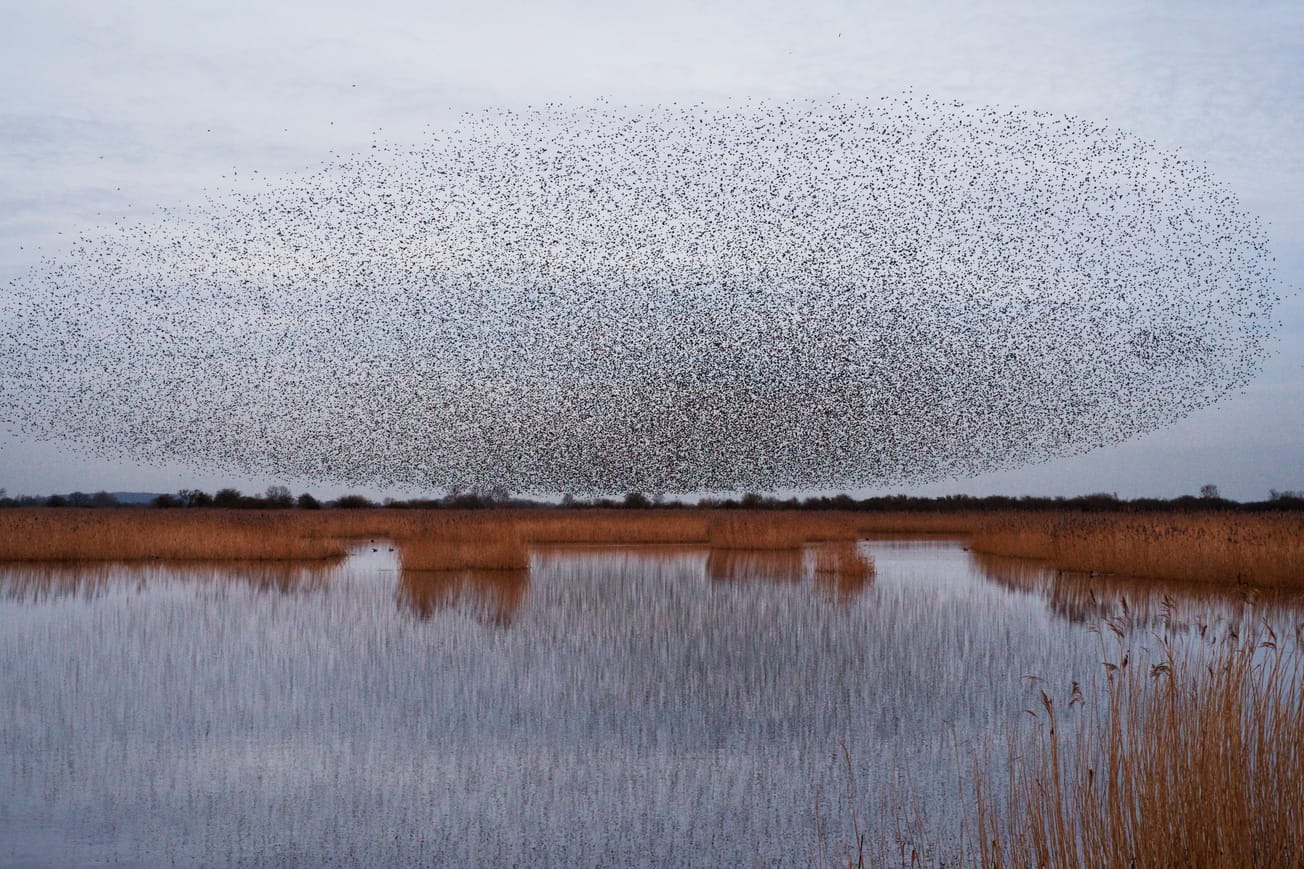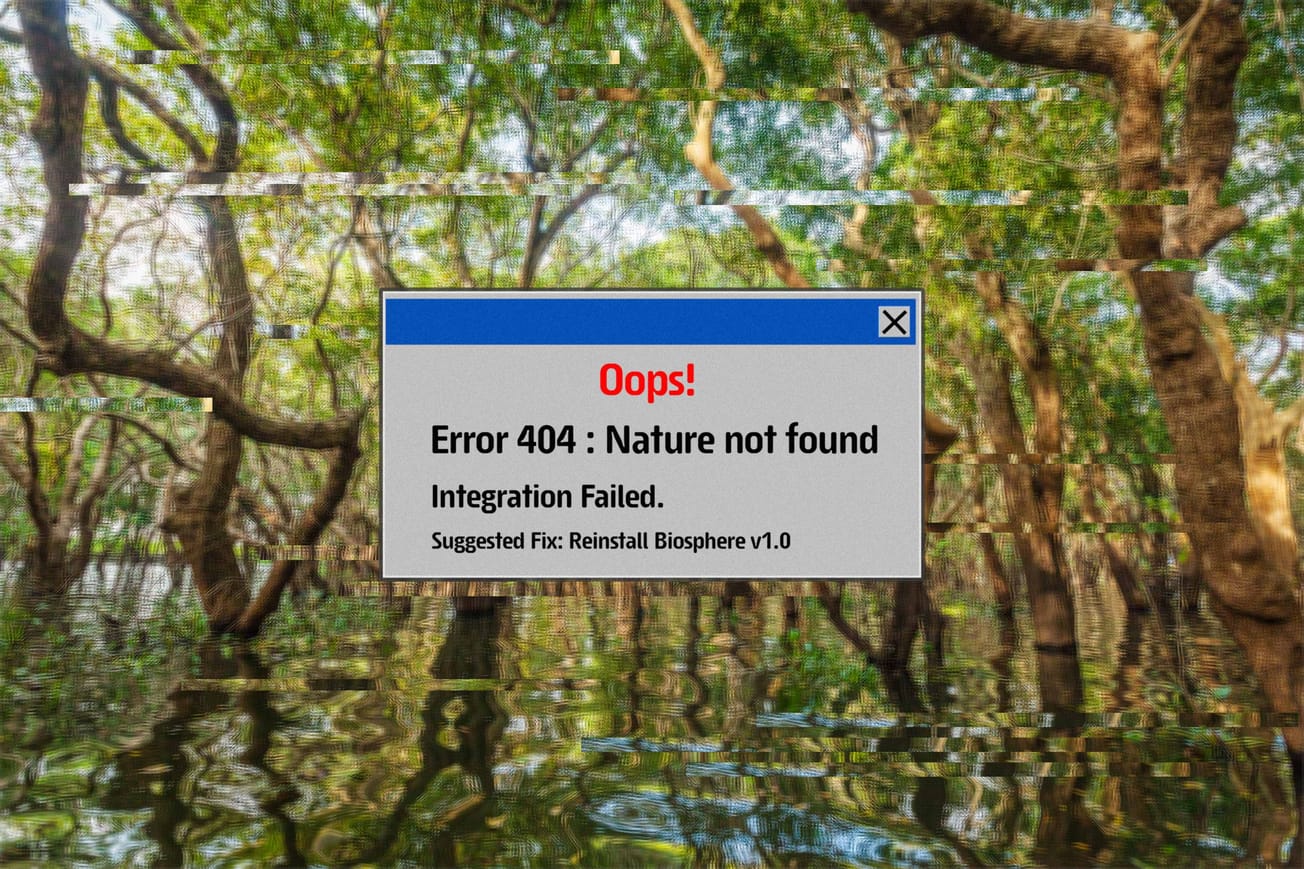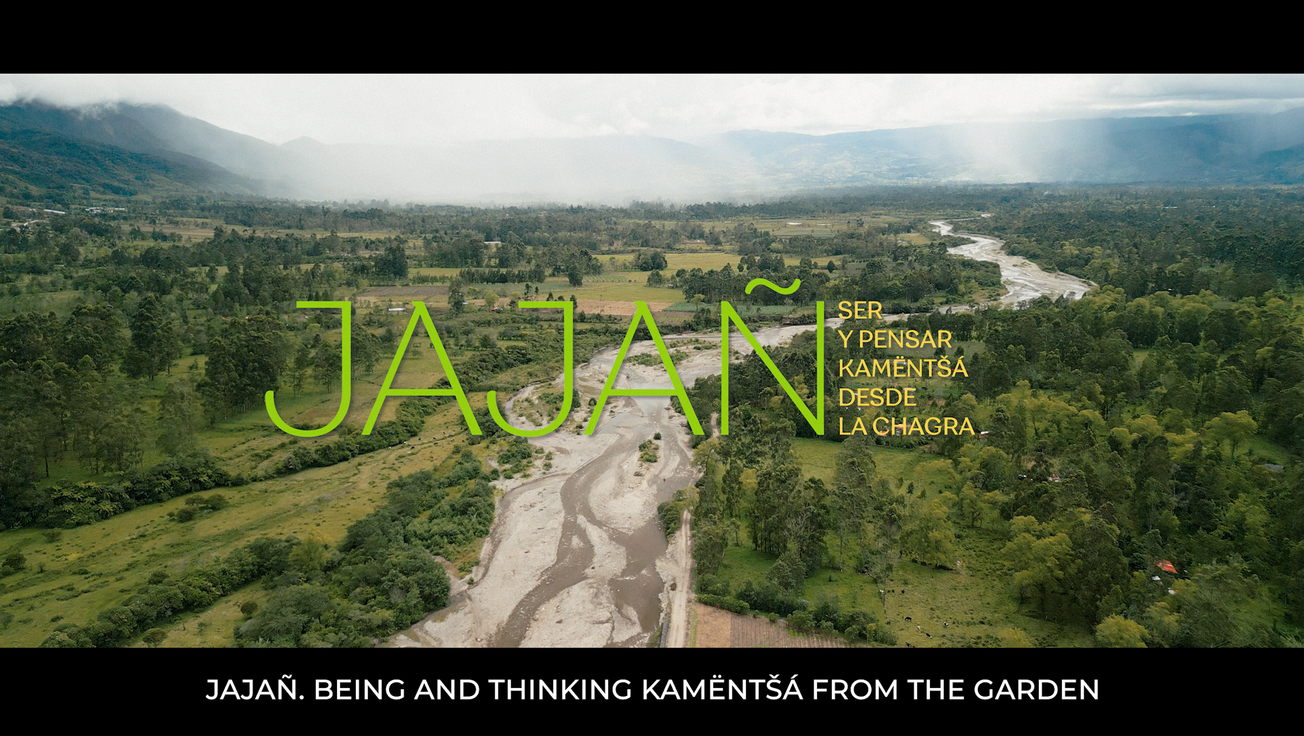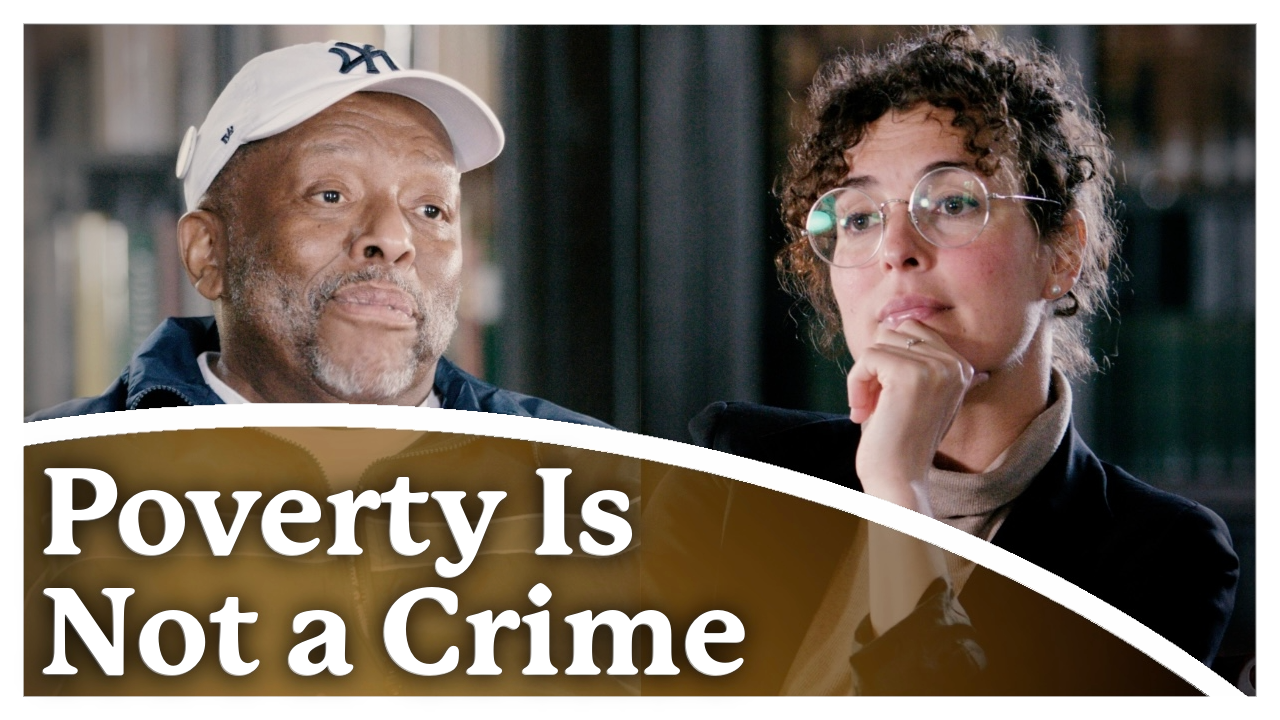As we stand at this pivotal moment in history, the convergence of right-wing misinformation, religious nationalism, and theocratic governance in America has created a perfect storm that threatens not only the nation's scientific enterprise but its democratic foundations. This transformation, occurring alongside China's strategic ascendance as a scientific and technological power, represents a historic realignment of global scientific leadership with profound implications for humanity's future.
The machinery of misinformation that has reshaped American public discourse did not emerge spontaneously. It represents the culmination of decades of deliberate institution-building, from the rise of partisan media following the repeal of the Fairness Doctrine to the digital fragmentation that has created parallel information realities. Through tactics like selective amplification, source devaluation, emotional activation, conspiracy theorizing, and religious framing, this ecosystem has undermined shared reality and fostered distrust in the very institutions essential for scientific advancement and democratic governance.
This misinformation ecosystem has provided fertile ground for the rise of Christian nationalism—an ideology that fuses religious and national identity while rejecting the separation of church and state that has historically protected both religious liberty and scientific inquiry. Far from a fringe movement, Christian nationalism has gained significant traction, with approximately 100 million Americans qualifying as either adherents or sympathizers. Its growing appeal among younger Americans, particularly men, is especially noteworthy, challenging conventional wisdom about generational trends in religious conservatism.
The path from Christian nationalist ideology to theocratic governance is being paved through systematic institutional changes across all branches and levels of government. Through judicial reinterpretation, legislative action, executive implementation, educational reform, and institutional erosion, the foundations of secular governance are being dismantled and replaced with structures that privilege particular religious viewpoints. This transformation threatens not only America's democratic character but its capacity for scientific leadership in an era of unprecedented global challenges.
The assault on American science is already yielding measurable consequences. Federal R&D funding has declined, political targeting has created a chilling effect across the scientific community, and researchers report self-censoring or leaving the field entirely. The ideological assault on scientific authority has eroded public trust, particularly among conservatives, creating an environment where evidence-based policymaking becomes increasingly difficult. The initial signs of a U.S. brain drain represents an extraordinary reversal for a nation that has historically been the primary destination for scientific talent worldwide.
As America retreats from its historical leadership position, China has strategically positioned itself to fill the void. China's scientific rise is documented across multiple objective metrics, from research output and citation impact to patent applications and institutional excellence. This ascendance is no accident but the result of deliberate policy choices and strategic investments over decades, including financial commitment, talent development, infrastructure investment, and institutional reform.
The global implications of this shift extend far beyond where research papers are published or patents are filed. It represents a fundamental realignment of how science is conducted, governed, and applied worldwide, with profound consequences for addressing shared challenges like climate change, public health threats, and artificial intelligence governance. The economic and security dimensions are equally significant, reshaping industrial competitiveness, global standards, intellectual property regimes, and the technological foundations of military power.
The question before us is not whether global scientific enterprise will continue—it will—but under whose leadership and according to whose values. Will it be shaped primarily by open inquiry, peer review, and the free exchange of ideas, or by ideological constraints and authoritarian control? Will it prioritize addressing shared global challenges or advancing narrow national interests? Will it distribute benefits broadly or concentrate them among the already privileged?
For the United States, addressing this challenge requires recognizing that the threats to scientific leadership come primarily from within. The politicization of science, the erosion of educational standards, the disinvestment in research infrastructure, and the subordination of evidence to ideology all undermine America's scientific capacity at precisely the moment when global challenges demand robust scientific leadership.
For China, the path forward involves translating growing scientific capacity into lasting scientific leadership. This requires addressing legitimate concerns about research integrity and international collaboration while leveraging its strengths in strategic planning, infrastructure development, and talent cultivation.
For the global scientific community, the challenge is preserving the essential characteristics that have made science successful—empirical rigor, critical evaluation of evidence, and the free exchange of ideas—while accommodating greater diversity in how these principles are implemented across different political and cultural contexts.
The stakes could not be higher. Science has been humanity's most powerful tool for understanding the natural world and addressing shared challenges, from disease to climate change to poverty. How we navigate this historic transition in scientific leadership will shape our collective capacity to address these challenges and create a more just, sustainable, and prosperous future for all.
The choice before us is not whether change will come—it is already underway—but how we respond to it. Will we allow misinformation, religious nationalism, and theocratic governance to undermine the foundations of scientific inquiry and democratic governance? Or will we recommit to the principles that have enabled both scientific progress and human flourishing: evidence-based reasoning, pluralistic democracy, and international cooperation in pursuit of shared goals?
The answer to this question will echo far beyond our lifetimes, shaping the world our children and grandchildren will inherit. The responsibility for determining that answer falls not just on political leaders or scientific institutions but on all citizens who recognize what is at stake in this pivotal moment in human history, and act accordingly.
Editors Note: This editorial was excerpted from the full article which can be found at this link


